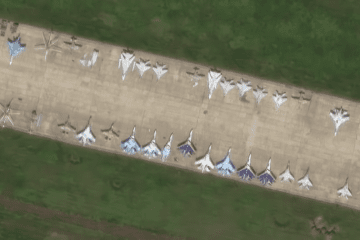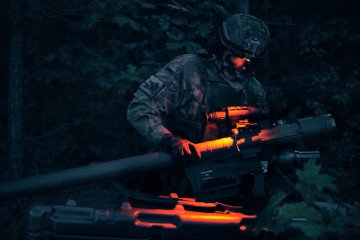- Category
- Latest news
$88 for a $40 Diode: How the Kremlin’s Pricing Killed Its Own Supplier
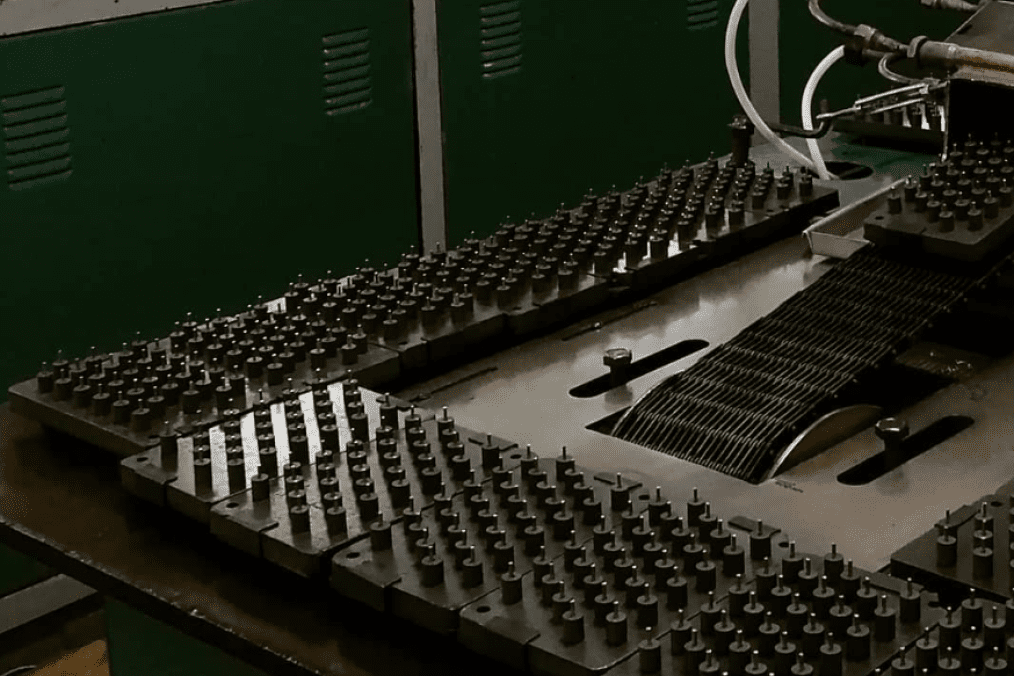
Russia’s defense-industrial complex is showing new signs of strain. The electronics manufacturer Optron-Stavropol, known for producing power semiconductors used in military aircraft, has effectively shut down and is on the verge of bankruptcy, The Moscow Times reported on June 24.
Operations at the plant were suspended in March 2025 after the company suffered over $1.65 million in losses tied to fulfilling Russia’s state defense orders. Deliveries under existing contracts were disrupted, and by June, total debt had surged to nearly $2.6 million. The company’s bank accounts have been frozen, and it now faces mounting unpaid taxes, utility bills, and wage arrears.
Optron-Stavropol’s components are used in power systems for a wide range of Russian aircraft, including the MiG, Tu, Su, Sukhoi Superjet, and the MC-21. But instead of keeping the company afloat, the defense contracts appear to have sealed its fate.
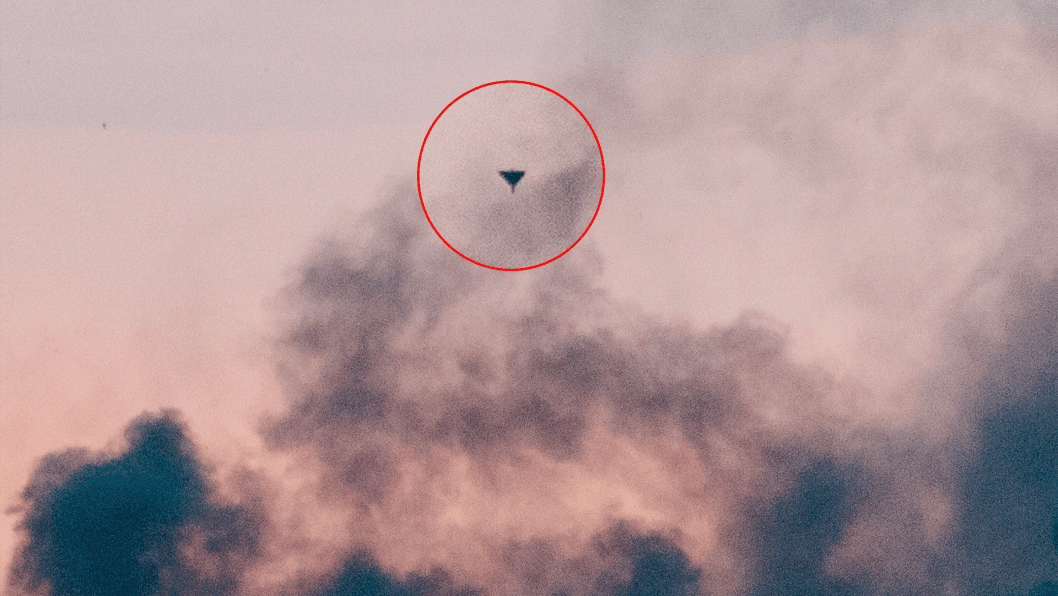
According to company CEO Pavel Bondarenko, the core of the crisis lies in unrealistically low prices set by the Russian military. While the cost of producing a single diode is $40, the Ministry of Defense capped the purchasing price at $88—leaving the company to operate at a loss. In 2023, this policy generated $1.14 million in losses, which only worsened in 2024.
“This pricing model makes it impossible to stay afloat. We’ve been forced to cut staff and suspend operations,” Bondarenko said.
By law, Russian military authorities dictate pricing for defense contracts. Refusing to participate can lead to the loss of state orders and financial penalties. Experts say this system is pushing even long-established firms into financial collapse.
Bondarenko said the company raised the alarm with the Ministry of Industry and Trade, which led to nine official meetings and a review by the Prosecutor General’s Office. The investigation found no wrongdoing or misuse of defense funds.
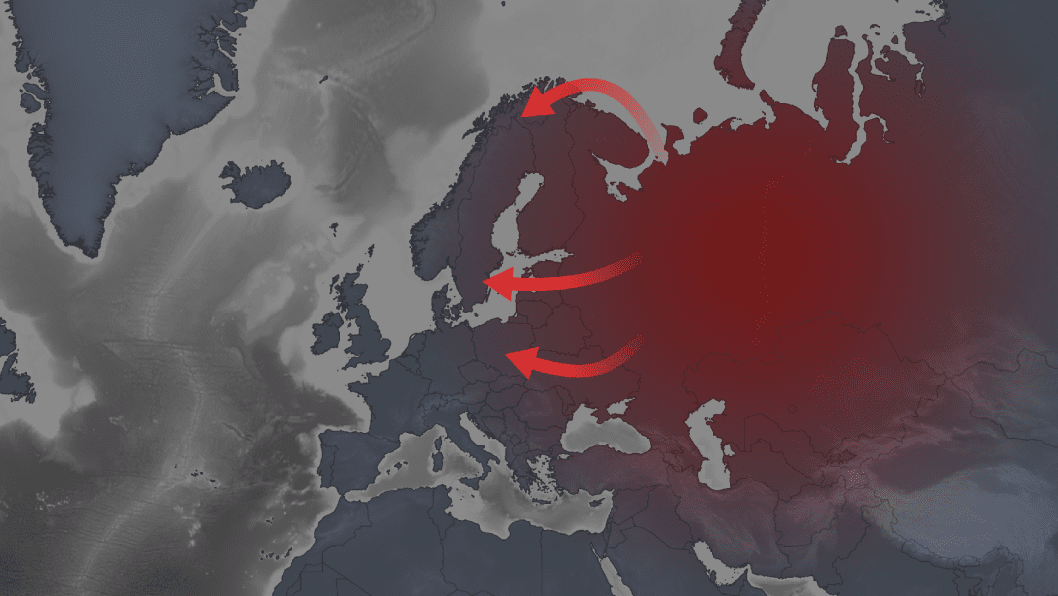
Optron-Stavropol has been on shaky ground for nearly a decade. The plant issued similar warnings back in 2021, slashed its workforce, and in some years received no orders at all. In 2021, the volume of contracts amounted to just a few dozen million rubles.
The company had long supported what experts call "tail-end technologies"—obsolete systems still used in Russia’s military platforms.
“These technologies have no market value beyond defense procurement,” said Ivan Pokrovsky, head of the Russian Association of Electronics Developers and Manufacturers.
He added that while there may be a slim chance to preserve the company if it’s absorbed by a larger player in Russia’s defense electronics sector, it’s more likely the shareholders will sell off the plant’s real estate instead.
Earlier, Russian forces carried out a series of overnight strikes on Ukraine’s Zaporizhzhia and Kharkiv regions, wounding at least eight civilians and causing extensive damage.



-111f0e5095e02c02446ffed57bfb0ab1.jpeg)
